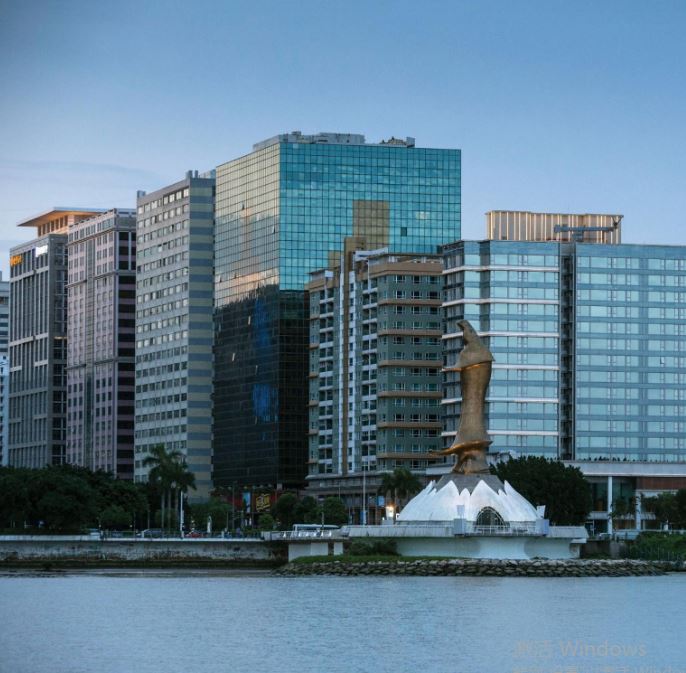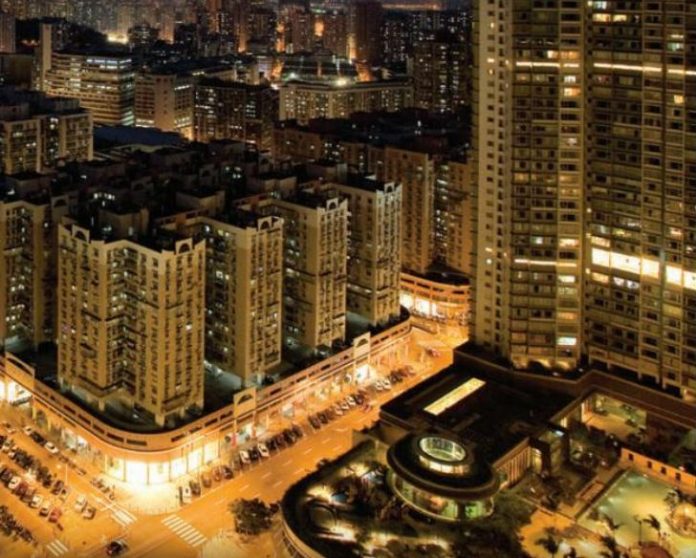The local property market remained stagnant with no significant improvement in the first half of this year, property agency JLL indicated in its Macau Mid-year Review 2021.
The property agency noted that the total residential sales transaction volume in Macau picked up between January and June, with most of the transactions recorded in the first five months but slowing down in June due to the new wave of COVID-19 pandemic in Guangdong.
A total of 3,297 residential sales transactions were registered as of June 2021, up 8.5 per cent year-on-year, with presale transactions totalling 225 or only 6.8 per cent of the total residential sales volume, lower than the average levels recorded in the past.
‘The overall residential transaction volume recorded in 1H21 was similar to that in 2020, with most transactions recorded in the secondary market. Buyers were mostly local first-time homebuyers, making up more than 70 per cent of the overall residential sales,’ the Managing Director at JLL Macau, Gregory Ku, indicated
Ku also noted that property prices in the peripheral areas have been surging as residential properties in Macau remain the most preferred option for local homebuyers, with residential units worth not more than MOP 8 million remaining popular.
The JLL Managing Director also noted that residential buyers ‘in general have a bigger bargaining power’ since the pandemic and transaction prices are largely close to the appraised values.
‘Coupled with the current low mortgage rate environment, it’s now a good time for homebuyers to enter the market. Though unemployment and underemployment rates remain high, we expect them to move down when the travel restrictions between Macau and the neighbouring regions are eased or lifted, and a further increase in residential demand,’ Ku added.
As for the office market, JLL noted that travel restrictions between Hong Kong and Macau led to a delay in corporates’ decisions on leasing offices, creating pressure on the office leasing market.

However, due to the lack of new Grade A office supply, the leasing market still managed to achieve a satisfactory level of transaction volume, with demand coming mainly from the insurance, finance and beauty sectors for business expansion.
According to Oliver Tong, Head of Leasing at JLL Macau, the office supply in Macau is ‘set to increase in the future’ with a new 100,000 square feet office building scheduled for completion in Taipa this year and as government departments may also move out from the private office market before 2024.
“As the market is unlikely to be able to absorb all the increased office supply within a short time, office rentals potentially will face downside pressure. The government did mention its hope to attract PRC-based companies to set up their headquarters in Macau,” Tong noted.
The JLL Head of Leasing also believes the government can try to attract major corporates to develop one or two Grade A office buildings as pilot projects through public land sale.
‘The low tax regime is one of Macau’s advantages, however, to develop a headquarters economy it requires a combination of essential factors including industries, talents, housing, education, etc, to attract corporates to set up their headquarters in the city,’ he underlined.

Meanwhile, the retail property sales market recovered in the first five months of 2021, with transactions rising by 48 per cent year-on-year to a total of 161, as retail sales improved with the rise in tourist numbers.
Macau’s total visitor arrivals totalled approx. 3,928,000 as of June 2021, up 20.2 per cent year-on-year, and with total retail sales recorded rising 68 per cent year-on-year to MOP18.7 billion in the first quarter of the year.
‘Benefiting from the reopening of the border between Macau and China Mainland, the sales of luxury goods, Cosmetics & Sanitary Articles and Pharmacies rebounded significantly. However, the mass retail market and sports brands saw little improvement. The retail vacancy rates in the tourist areas remain trending upwards, reflecting the limited impact that the reopening of the border can bring to the retail trades that require a high customer flow,’ Tong noted.
Retail property landlords in the tourist areas were expected to remain flexible and willing to offer bigger rental discounts to tenants.
‘Some retailers have started to set up outlets in residential neighbourhoods targeting local customers. Some major shopping malls are trying to introduce more entertainment and retail elements to attract more visitors and drive an increase in customer spending’




















